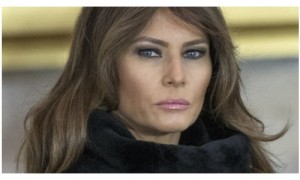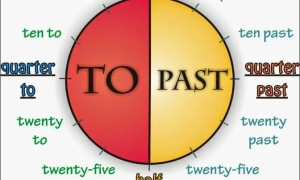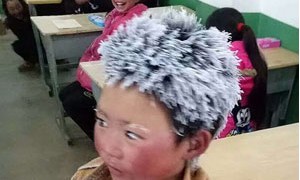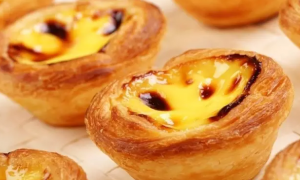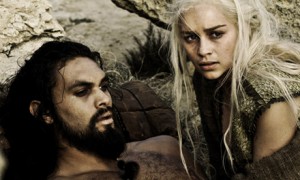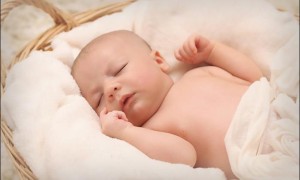普京访问克里米亚
普京自3月克里米亚入俄后首次访问了克里米亚,纪念苏联战胜纳粹德国60周年。不过,普京的克里米亚之行引起了乌克兰的不满。
Russian President Vladimir Putin is in Crimea for his first visit since its accession to Russia back in March. He was there to mark the sixty ninth anniversary of the Soviet union ’s victory over Nazi Germany, but his visit drew an angry response from Kiev.
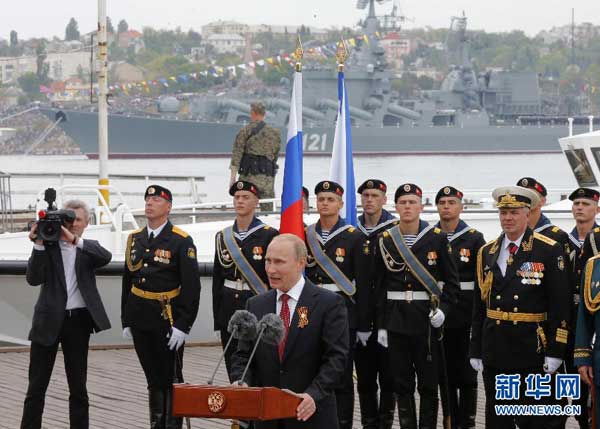
From a motor launch, Putin addressed Russian sailors in Sevastopol harbour - ostensible to mark Victory Day over Nazi Germany, but seen by many as the president’s official welcome to the newly acquired territory.
Russian President Vladimir has made a grand entrance into Crimea.
From a motor launch, Putin addressed Russian sailors in Sevastopol harbour - ostensible to mark Victory Day over Nazi Germany, but seen by many as the president’s official welcome to the newly acquired territory.
Russian ships, troops and air power were there in abundance - putting on a spectacular show for large partisan crowds that lined the shore.
The event commemorated victory of Nazi Germany - when the Soviet union lost an estimated twenty seven million citizens in World War Two. Earlier in the day Putin had addressed crowds in Moscow before the largest military parade since the collapse of the Soviet union .
Speaking in Sevastopol, Mr Putin thanked the armed forces for their role in World War Two and hailed the incorporation of the peninsula into the Russian Federation, saying historically Crimea was a part of Russia.
"I am sure that 2014 will go into the annals of our whole country as the year when the nations living here firmly decided to be together with Russia.:" Vladimir Putin said.
The Kiev government called the visit a, "gross violation of Ukraine’s sovereignty."
The vast majority of countries around the world do not recognise Crimea as part of Russia, saying its takeover was illegal, but there was no disguising the national pride on display in Sevastopol today for the Russian President’s visit.
German Chancellor Angela Merkel had said it would be a shame if Putin used the WWII anniversary to visit Crimea.
In Ukraine, which in World War Two was part of the Soviet union , low key ceremonies were held because of fears that pro-Russian militants would foment violence.


